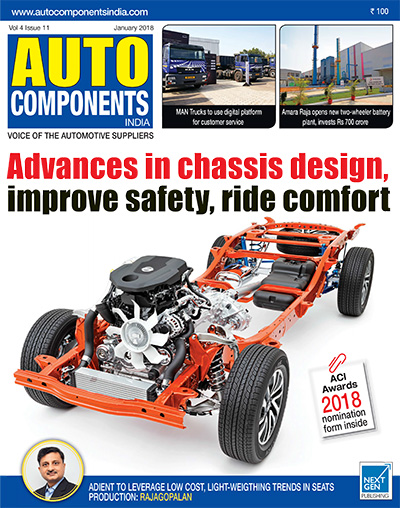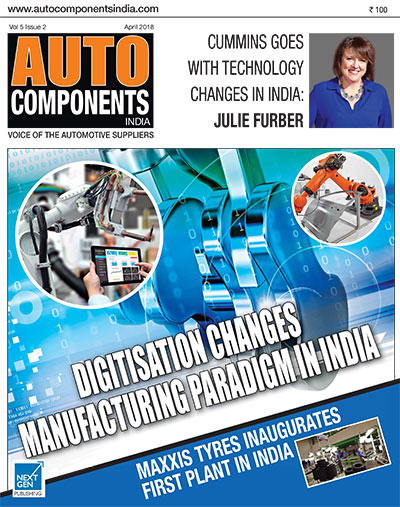The automotive industry is a sector of fast developments and changes. Last year was no exception, as in 2017 the industry pressed the pedal to accelerate the technological advancements on diverse fronts of safety, driver assistance, regulatory reforms, electrification, and shared mobility. As technology is not the only factor that is changing, a deep dive into the unfolding auto industry trends provides insight into how our everyday lives will be different in the coming years. Therefore, from analysing the new trends what the experts expect to see in 2018 is going to be fascinating for carmakers, component suppliers, and the consumers.
Changing consumer preferences, tightening regulations, and technological breakthroughs add up to a fundamental shift in individual mobility behaviour. People use multiple modes of transport to complete their journey. Goods and services are delivered to, rather than fetched by consumers. The traditional business model of car sales will be complemented by a range of diverse, on-demand mobility solutions, especially in the dense urban environments that proactively discourage private car use.
Consumers today use their cars as all-purpose vehicles. In the future, they may want the flexibility to choose the best solution for a specific purpose, on demand and through their smartphones. We can see early signs of the declining prominence of private car ownership in the success of Olas and Ubers. Because of this shift to multiple mobility solutions, in 10 years, up to one out of ten new cars on the road may be a shared vehicle impacting sales of vehicles for personal use.
To meet the growing demand from the customers and governing bodies, the traditional players of the Indian automotive industry will need to be more open, agile, innovative, and able to learn and adapt to the fast-changing market trends. Implementation of these concepts requires a paradigm shift in many areas. Changes in organisational culture and even structure, management practices, and internal and external communication are inevitable. A more integrated approach will have to be applied to all the traditional business processes, contributing to new ways of product innovation and development. Like you all, even I am facinated to see how this year is going to progress.
Wish you all Happy and Prosperous New Year.
Bhargav TS
Executive Editor
s.bhargav@nextgenpublishing.net









Leave a Reply